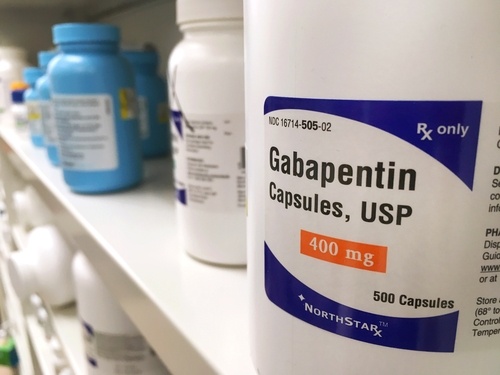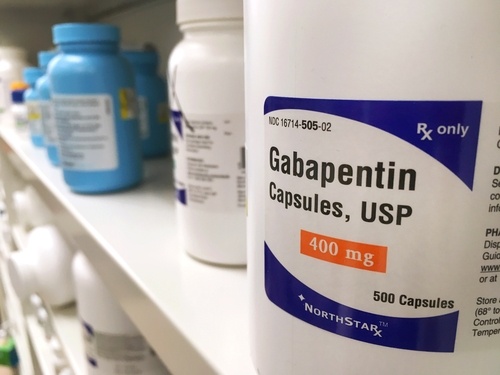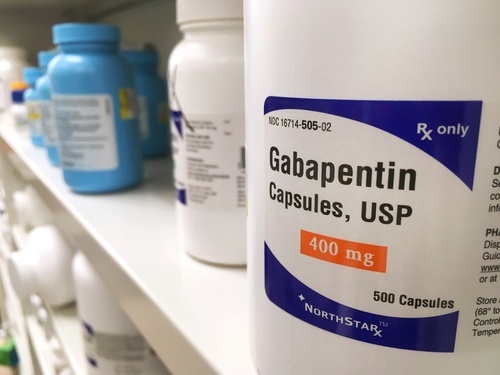How Do You Wean Off Of Gabapentin?
Gabapentin, also known by its brand name as Neurontin, is a prescription painkiller with anti-convulsive properties. The United States Drug Enforcement Administration (DEA) approved the use of gabapentin for the treatment of epileptic disorders and neuropathic pain in 2004. Currently, it is also used as treatment for other ailments including restless leg syndrome, fibromyalgia, seizures, and/ or hot flashes. As is true with any medication, there are risk factors and potential side effects associated with taking gabapentin which exponentially increase when the substance is abused. The longer an individual abuses gabapentin the more his or her brain relies on functioning with it present in his or her system, eventually resulting in the inability of one’s brain to function properly in its absence. Stopping gabapentin abruptly after habitual abuse can lead to severe withdrawal symptoms and dangerous side effects, which is why an individual is advised to wean off the substance.
Withdrawal Symptoms & Tapering Off
Although weaning off gabapentin can greatly minimize some of the uncomfortable withdrawal symptoms, tapering off does not eliminate all withdrawal symptoms. Further, every person will experience a unique combination of withdrawal symptoms with varying levels of severity when it comes to weaning off gabapentin. Common examples of withdrawal symptoms could include, but are not limited to the following:
- Insomnia
- Fatigue
- Anxiety
- Agitation
- Headache
- Sweating
- Sensitivity to light
- Dizziness
- Irregular heartbeat
- Nausea
- Pain
Prior to making any adjustments to one’s medications it is advantageous to obtain guidance from a qualified medical professional. Tapering off gabapentin can be accomplished by slowing reducing one’s dose over time. An individual detoxing from gabapentin will work with a medical professional to develop a plan to effectively take him or her off the medication. Depending on one’s situation, this may include lowering the dose over a single week or several weeks. The timeline to wean off gabapentin will be different for each person as it will be greatly informed by the individual and his or her current dose of medication. It is imperative to discuss any withdrawal symptoms with one’s overseeing medical professional, so proper adjustments can be made. An individual’s safety and comfort are prioritized during the tapering off process, which is why there is a somewhat flexible reduction of dosage schedule developed and it is often modified and altered to accommodate each person’s nuanced needs. The best way to wean off of gabapentin is under the direct supervision of a qualified medical professional.
For Information and Support
Substance abuse and addiction can be incredibly dangerous and can result in severe short and long-term consequences. If you or someone you know is suffering from substance abuse or addiction, please get help as soon as possible. The earlier you seek support, the sooner you and your loved ones can return to leading happy, healthy, and fulfilling lives. There is no reason to go through this alone, and we are here to help. Please feel free to reach out to us for further information or with any questions regarding substance abuse or addiction. We are available anytime via telephone at: 213-389-9964, or you can always email us at: info@friendlyhousela.org.



